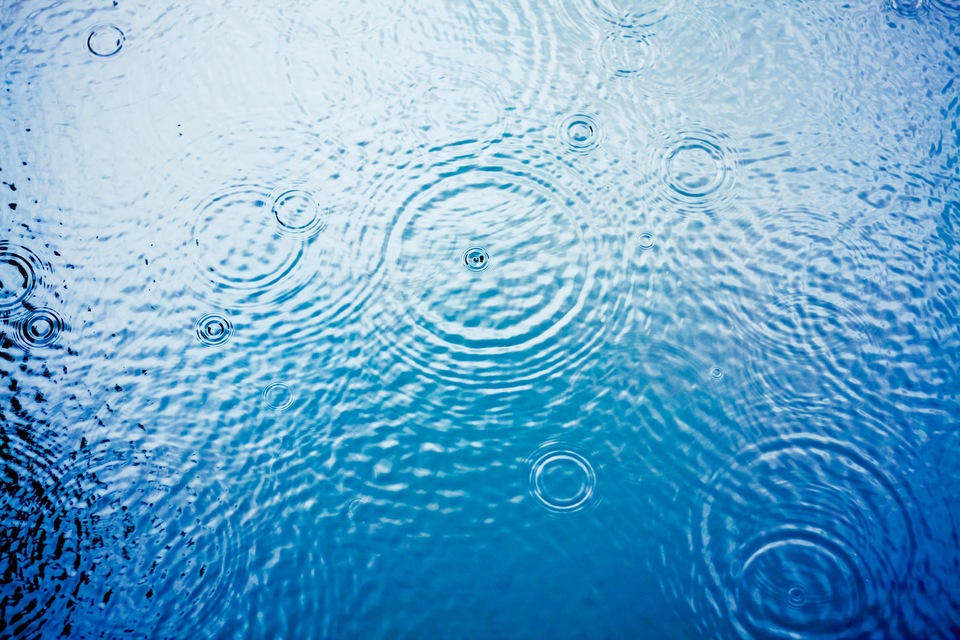Central Florida Swimming Pools: Your Pool & Rainwater
This summer, your Central Florida pool will likely see its share of rain and thunderstorms—it’s just part of life here in Florida! But how do you keep your pool safe during and after these summer storms? Is it safe to swim in the pool following a heavy rain? In today’s blog, we’ll be answering these questions and more.
Swimming in the rain
You’ve probably gone swimming in the rain at least once or twice… but is that really a safe thing to do?
Theoretically, the answer is yes—the rain is just water, after all! But because rain is often accompanied by thunderstorms that can really creep up on you, it’s safer to avoid the pool on rainy days altogether.
The effect of rainwater on the pool
All rainwater is generally acidic—although some areas may have worse acidity than others. This is why you should never open your mouth up and “drink” the rain! And because your pool’s water quality is so dependent on having a healthy pH level (a measure of the pool’s acidity or alkalinity), the acidity of rain can definitely make an unwanted difference. (Incidentally, that perfect pH is between 7.0 and 7.6.)
When acidic rain mixes with your pool’s water, it can cause that pH level to drop—the lower the pH level, the higher the acidity. This can result in skin irritation, as well as corrosive water that can damage your pool’s walls or hardware if left untreated. Additionally, just the mere presence of more water than the pool is used to can cause the natural chemistry of the water to change.
What can I do?
The effect of acidic rain on your pool water may not be desirable… but you don’t need to go into panic mode every time it rains! In fact, the light showers we often get here in Florida will typically not do much to your pool’s pH level—and if there is a heavy rain, there are a number of things you can do to keep your pool clean and safe for swimming.
After a big rainstorm, the first thing you should do is clear up any debris in the pool: bugs, tree seeds and leaves, palm fronds, etc. Use a pool skimmer to get that small, hard-to-reach debris. If the rain was so heavy that it significantly raised your pool’s water level, you may want to drain your pool before doing this step.
After the pool’s surface is clear, you’re free to test the chemistry of the water. Use pH test strips to get an idea of your pool’s levels, then go to your pH increaser or alkalinity increaser to up your pool’s pH and its protection from spikes in acidity.
To keep your pool at its ideal chemical balance, it’s a good idea to test it regularly, rain or shine. You can do so about once a week (or have a professional come and do it for you), so that if a problem does arise you know about it and are able to remedy it right away. You’ll be able to get back in the water and enjoy the rest of the summer!

Bookmark & Share
Most Popular Articles
- The 5 Biggest Benefits of an Early Morning Swim
- The Bathing Suit: A History
- 5 Ways to Get a Lazy River in Your Backyard Pool
- Four Things to Consider Before Purchasing a Pool
- Take the Guesswork Out of Pool Maintenance with These Tips
- Add a Pool Garden for Instant Peace and Comfort
- 5 Pool Accessory Ideas for Summertime Fun
- 4 Questions to Ask Before Choosing Your New Pool


